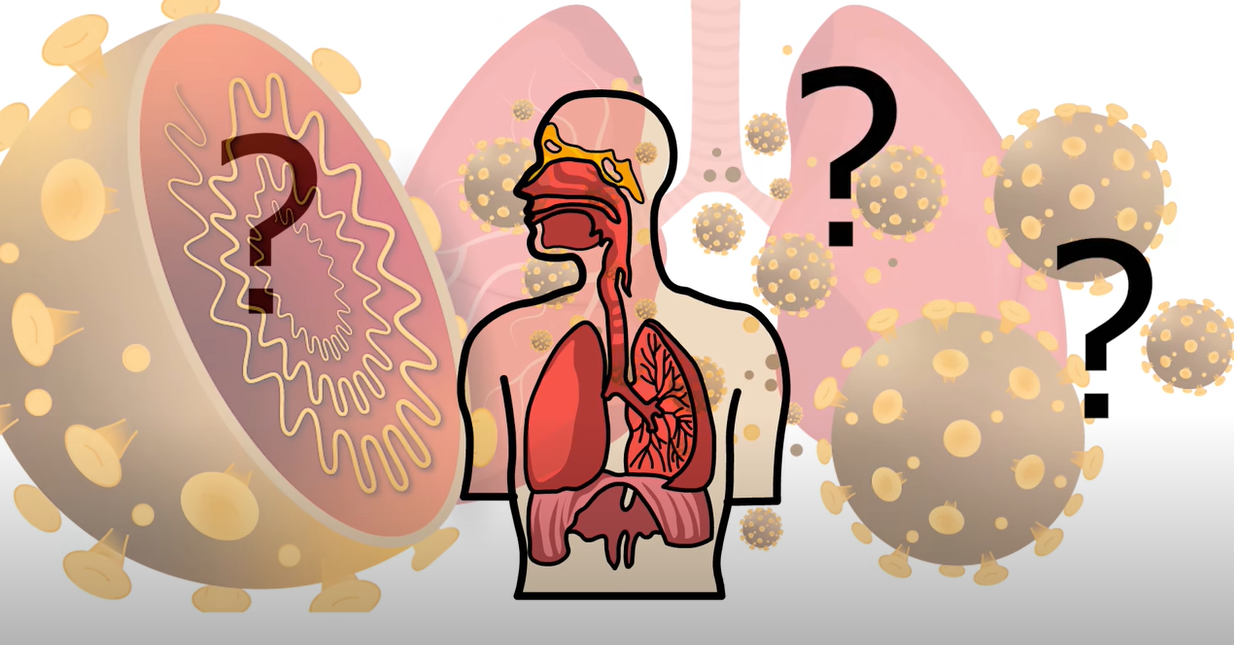This is a touchy time, folks. Conservatives are getting purged from the 'net, there is no place to speak about what feels like impending tyranny, and you may be tempted to vent your frustrations and feelings here. I KNOW HOW YOU FEEL. But right now purges
are happening - AR15.com is down because folks started agitating and GoDaddy took the opportunity to stop hosting the domain.
What we need to do is stay calm, anticipate that third parties will register and post seditious material to justify shutting this site down, and REPORT THEM IMMEDIATELY.
Again, I know it feels like the Republic is lost. It may be. But for now, on this site, please for the love of God stay calm, speak rationally, and hope for .... better judgement from our leaders in the future.
The coming days and weeks (likely after the 20th) will be easier, but for now we need to be on the best possible behavior. Please. :)



